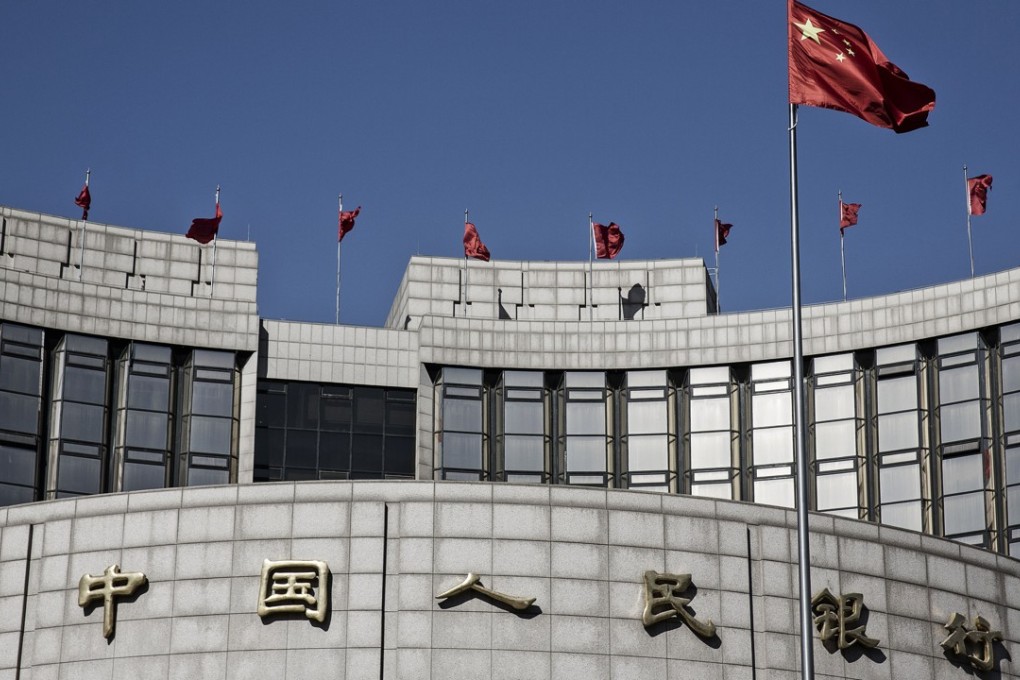Central bank researcher calls for ‘matrix structure’ to give super financial regulator teeth
Proposal would put professional commissions in charge of cross-sector information sharing, decision-making, coordination and implementation

The top researcher at China’s central bank has called for a new financial supervisory body to be given a “matrix structure” to steer reforms, amid market buzz around alternatives that include merging some regulators.
After “balancing the urgency and complexity of the reform”, Xu Zhong concluded that a matrix organisational structure was the “best” approach for the Financial Stability and Development Committee to make changes to the financial regulatory regime.
The head of research at the People’s Bank of China’s made the remarks in an article published on Friday on the WeChat account of the China Finance 40 Forum, an independent think tank whose members include prominent economists and former policymakers.
The committee was set up last year in answer to President Xi Jinping’s demands for financial stability and security. Its mission is to clean up a financial sector riddled with rampant rent-seeking, collusion between regulators and business, and other irregularities that fall through the cracks of the fragmented regulatory system.
The first meeting was convened in November by Ma Kai, a vice-premier who is set to retire in March. The committee declared it would supervise monetary policy and financial regulation, guide local authorities on financial matters and question the regulators and local Communist Party officials if it suspected any wrongdoing. But since then, little information has been given on its progress.